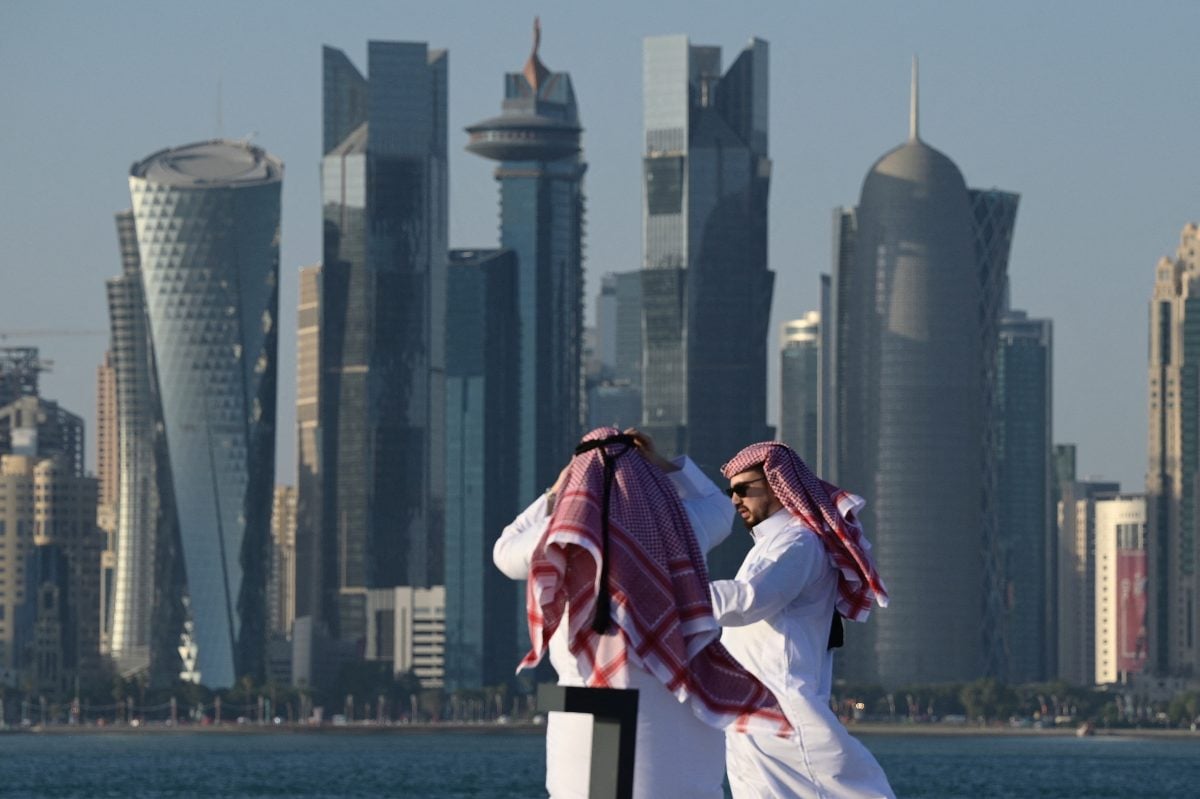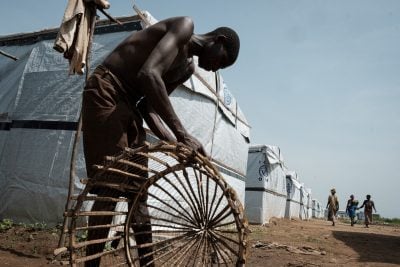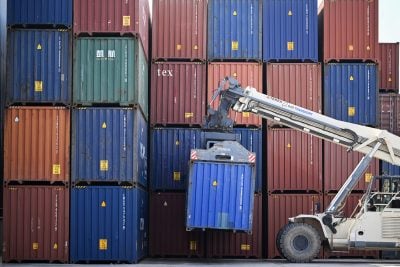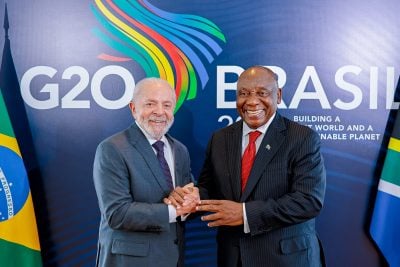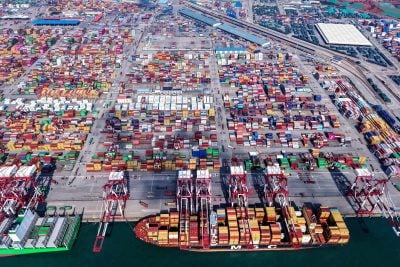In August, Zambia signed what it claimed was one of the biggest bilateral investment pacts in its history – a $19bn memorandum of understanding (MoU) with Qatar’s Al Mansour Holdings.
The deal covers 11 economic sectors from mining and agriculture to energy, housing, finance, and telecommunications.
At face value, the numbers are staggering. Zambia’s GDP in 2024 was $26.3bn, according to the World Bank. For a country still recovering from debt distress, $19bn of investment looks like a lifeline.
The agreement is wide-ranging: the creation of a national investment and development bank and sovereign-backed investment vehicles, plans for 1.5 million housing units, renewable and conventional energy projects, modernised agriculture, smart cities, and expanded financial services.
At the same event, the state-owned Industrial Development Corporation and Al Mansour Holdings signed an MoU focused on transport, mining, communication and energy.
Zambia’s President Hakainde Hichilema described the MoU as a “partnership for peace, stability, and sustainable growth,” and stressed the need for swift implementation.
Too good to be true?
Yet Zambian economists are urging caution and warning that the signing of the deal and its successful implementation are two very different things.
“MoUs are not binding contracts,” says Lubinda Haabazoka, an economist and director of the University of Zambia Graduate School of Business.
“This is just a piece of paper until projects are implemented. What matters is actualisation – turning promises into real investments that create jobs, diversify the economy, and reduce poverty.”
His scepticism is widely shared.
“The sheer breadth of these promises should make us cautious,” says economist Kelvin Chisanga. “Zambia does not have a great track record in implementing such big-ticket deals.”
Their scepticism captures a long-standing Zambian dilemma: how to ensure that grand announcements lead to tangible development rather than becoming part of a familiar cycle of unfulfilled mega-deals.
For the government, the partnership is both economic and symbolic. Zambia, having restructured its debt after a 2020 sovereign default, is eager to show the world that it is open for business again.
For Zambia, the attraction is clear: diversification away from dependency on copper, the source of 70% of its export earnings. The country is rich in cobalt, manganese, and lithium – all critical for the green economy – but lacks infrastructure and investment to exploit them.
Qatar’s Al Mansour on a whirlwind tour
The deal with Zambia was one of a spate of Africa-focused deals signed in August by Al Mansour, which is led by royal member Sheikh Mansour bin Jabor bin Jassim Al Thani.
Al Thani’s whirlwind tour of Africa – taking in Mozambique, Botswana, Burundi, Democratic Republic of Congo, Zambia, and Zimbabwe – saw understandings signed that are theoretically worth over $100bn.
Mozambique ($20bn) and Botswana ($12bn) were similarly lavished with ambitious promises that if fulfilled could be transformative for their economies.
In a more concrete deal, Al Mansour took a 19.9% stake in Australia’s Invictus Energy and agreed to provide up to $500m to help the company develop its Cabora Bassa gas project in Zimbabwe, the companies said.
Yet the vagueness of the bilateral deals – and the little heard-of company’s ability to deliver grand projects – have both been questioned.
While the status of some of these pledges remains unclear, Qatar has sound strategic reasons to boost Africa ties.
The Gulf state, dependent on food imports and keen to diversify its energy-heavy portfolio, sees African countries as a potential supplier of food, minerals, and business opportunities.
For Gulf States, this deal fits a wider pattern of expanding influence in Africa through energy, food, and infrastructure investments.
Turning vision into reality
But Zambia’s economic history is littered with examples of promising partnerships that never materialised or failed to deliver the expected benefits. Bureaucratic delays, weak governance, and inconsistent policy have scared off investors before.
“This is exactly why I insist on implementation, not celebration,” said Haabazoka. “We’ve seen housing and energy deals signed before with no results. If Zambia repeats that mistake, this deal will not change anything.”
“If there is no transparency and accountability, we will wake up five years from now with little to show for this $19bn promise,” he said.
If executed, the Zambia-Qatar partnership could strengthen regional value chains in southern Africa, creating openings for companies in finance, logistics, renewable energy, and mining services. But if it falters, it risks reinforcing perceptions around glitzy mega-deals that are big on talk but light on substance.
Still, even if not fully implemented, the deal could have ancillary benefits. As part of the pact, Zambia has promised reforms and transparency. Delivering on even half of the deal could be transformative.
But as Haabazoka puts it: “This MoU will define how the world sees Zambia’s ability to manage big investments. We should stop celebrating figures on paper and start asking: how many projects have broken ground? How many jobs have been created? How many homes have been built?”
Want to continue reading? Subscribe today.
You've read all your free articles for this month! Subscribe now to enjoy full access to our content.
Digital Monthly
£8.00 / month
Receive full unlimited access to our articles, opinions, podcasts and more.
Digital Yearly
£70.00 / year
Our best value offer - save £26 and gain access to all of our digital content for an entire year!

 Sign in with Google
Sign in with Google 